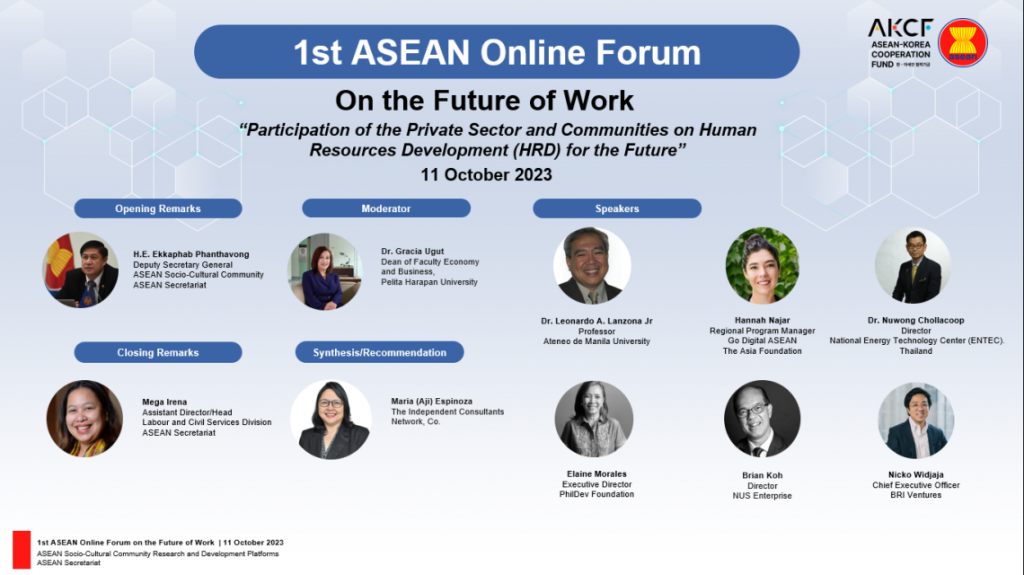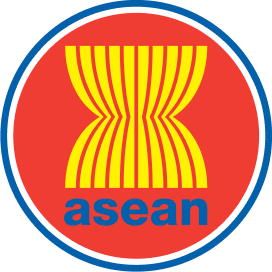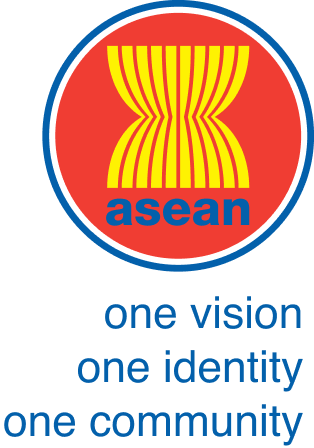



 JAKARTA, 11 October 2023 – The 1st ASEAN Online Forum on the Future of Work gathered policymakers and practitioners from across the region to share perspectives on addressing the challenges affecting the employment landscape in ASEAN.
JAKARTA, 11 October 2023 – The 1st ASEAN Online Forum on the Future of Work gathered policymakers and practitioners from across the region to share perspectives on addressing the challenges affecting the employment landscape in ASEAN.
The discussions revolved around the mega trends of digitalisation, the reconfiguration of global value chains and the growing importance of the green economy, all of which have significant impact on labour markets.
Deputy Secretary-General of ASEAN for ASEAN Socio-Cultural Community (ASCC) Ekkaphab Phanthavong emphasised the need to explore strategies that promote stronger partnerships with the private sector and communities to address the growing demands of the future of work in his welcoming message.
“Now, more than ever, we must identify strategies for investing in human capital to ensure that our workforce is competitive, resilient, and agile for the future of work”, he said.
The forum delved into strategies aimed to enhance private sector involvement and communities on human resources development. The event featured insightful case studies, including a deep dive into the Thailand automotive industry and the Go Digital ASEAN initiative. These cases served as valuable showcases of investments in skills training and innovative business models.
In particular, the National Energy Technology Center of Thailand illustrated the impactful roles of a government and private sector in promoting green skills to support the electric vehicle industry. Learning from the Go Digital ASEAN initiative, The Asia Foundation emphasised that businesses can accelerate their growth in digitalisation and learn from mentorship opportunities, and proposed the need to bring foundational digital skills to every entrepreneur.
The National University of Singapore (NUS) Enterprise, PhilDev Foundation, and BRI Ventures also shared their knowledge on business incubation ecosystems. They spoke on universities’ strategies to nurture entrepreneurship and support the growth of start-ups led by young talents.
NUS Enterprise shared that universities can be a valuable resource to nurture entrepreneurial talent, and emphasised the importance of start-ups to expand and solve problems beyond national boundaries. Meanwhile, PhilDev emphasised the need for government, academe, private sector, and the community to come together to promote innovation and entrepreneurship. BRI Ventures observed that venture capital investments are cooling down globally, and outlined funding options for companies at different stages of growth.
At the sessions, speakers and participants underscored the critical role of investment and partnerships for human resources to be more responsive to the digitalisation and greening of the economy. They also cited that an enhanced human resource will boost resilience and competitiveness in the global value chains.
In her closing remarks, ASEAN Secretariat’s Head of Labour and Civil Service Division Mega Irena highlighted the megatrends including digitalisation and the greening of economy that are affecting the future of employment and called for the need to look at innovative approaches to prepare our workforce for this changing world of work. She further emphasised that the role of private-public partnership is immense in the upskilling, reskilling of and the promotion of green skills for workers.
This forum is held under the ASCC Research and Development Platform initiative of the ASEAN Secretariat and supported by the ASEAN-Republic of Korea Cooperation Fund. The platform aims to produce flagship reports and policy briefs on the future of work with the support of the advisor team from the Independent Consultants Network, Co.








